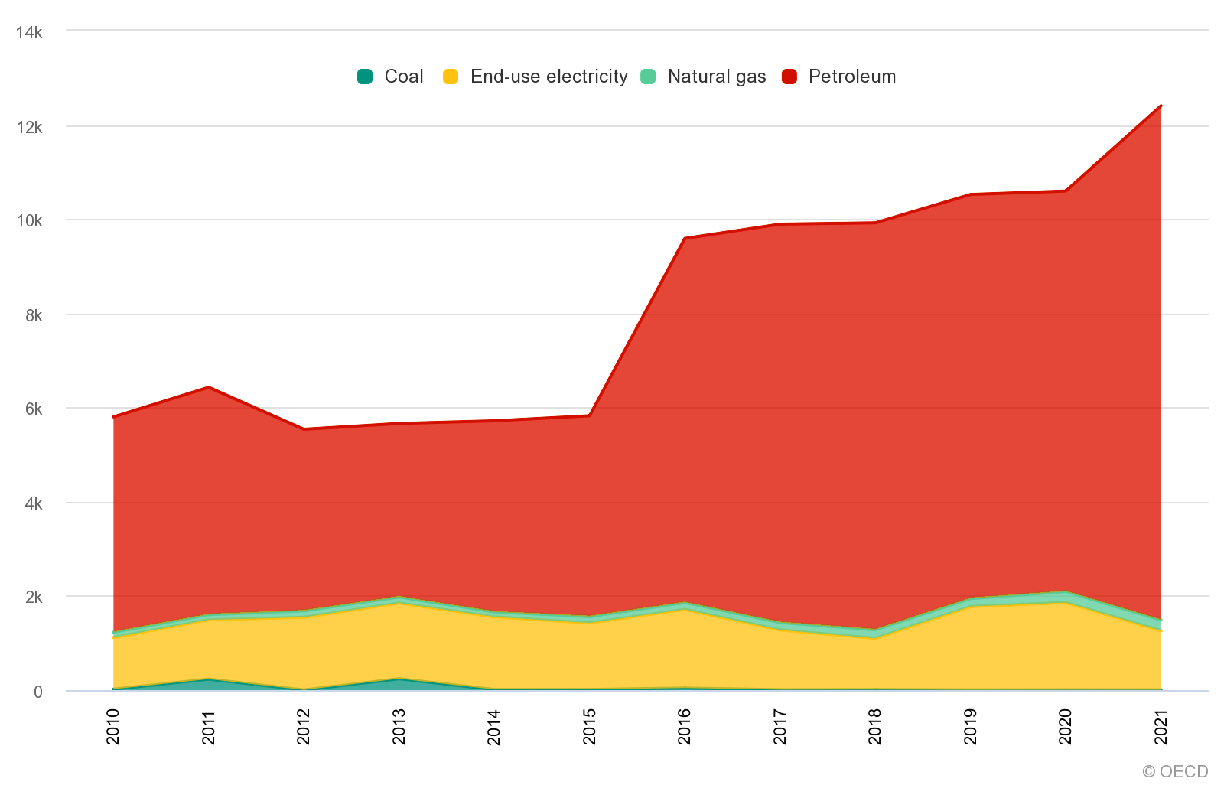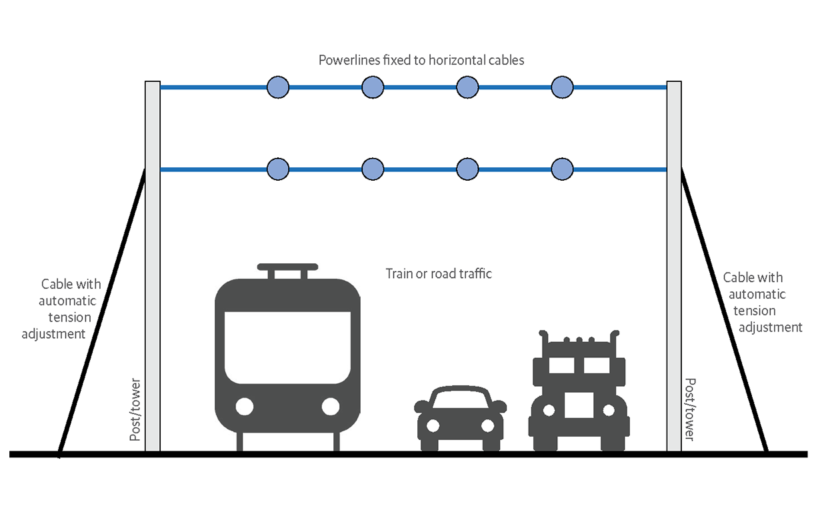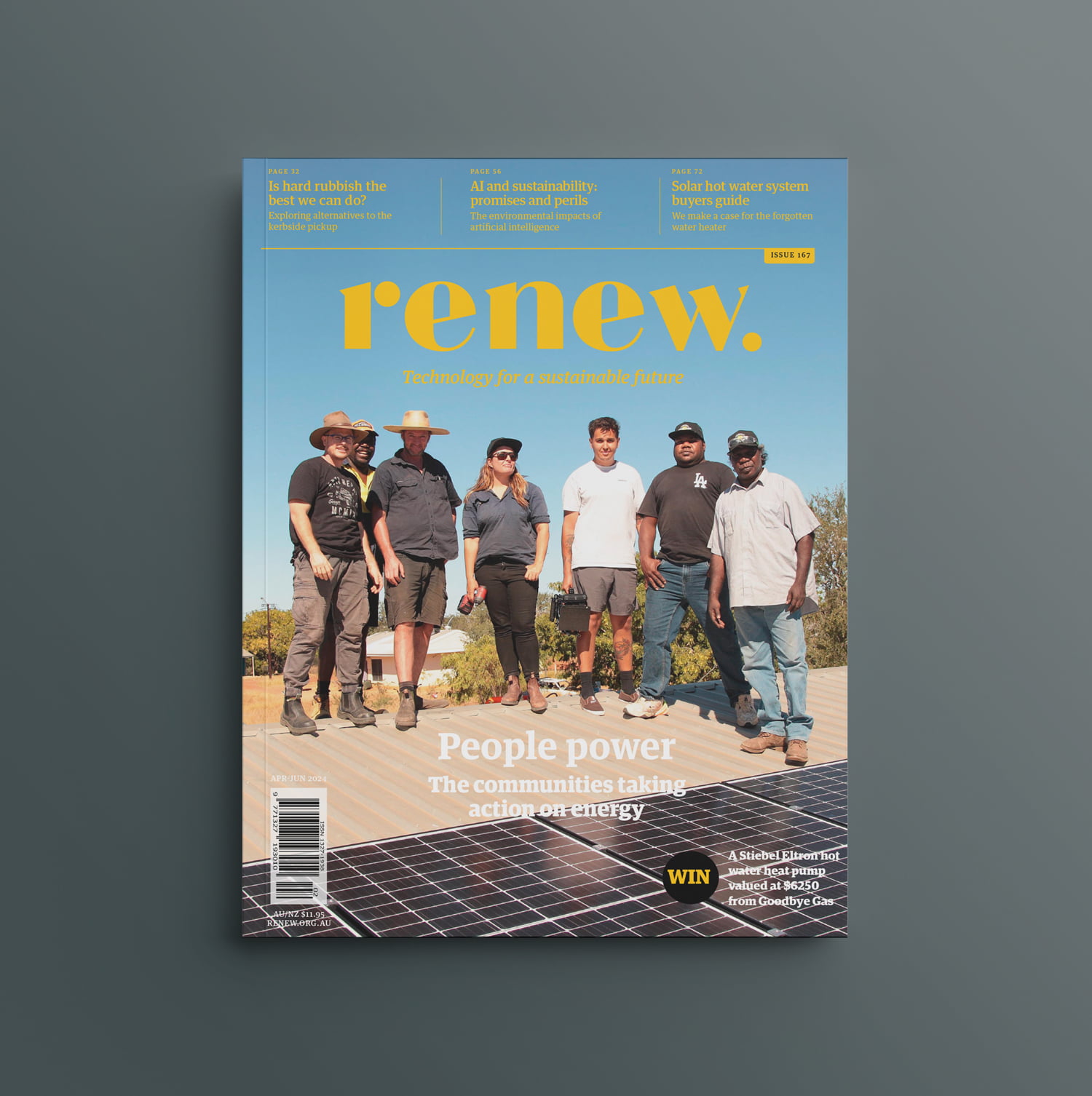Energy matters
Alan Pears brings us the latest news and analysis from the energy sector.
The International Energy Agency report on Australia
Every five years or so, the IEA reviews Australia’s performance on energy policy and practices. The latest one has just been released. I always enjoy the delicacy of the wording used as they outline the inadequacies of our performance.
With regard to liquefied natural gas exports, the report comments that local gas prices have been rising “in step with LNG netback prices”. Netback price is basically the international price with LNG production costs deducted. It then discreetly notes that “this is a unique situation for a producer and exporter.” In other words, we are the only major LNG exporter that has not set up mechanisms to protect local gas consumers.
The report also points out that energy poverty is becoming an issue in Australia. Regarding energy efficiency, it suggests we need to “accelerate action and annual improvement rates—from 1.9% per year to 4.2%”. Accelerating energy efficiency, it notes, “can reduce household and business energy expenditure and is, therefore, more relevant and urgent than ever.”
Australia’s recently elected government is commended for strengthening our 2030 target to be more in line with commitments of other advanced economies. But a clear, monitored policy roadmap is needed, with a faster trajectory. Publicly funded energy research, design and development is half the IEA average.
The report is complimentary about Australian growth in renewable energy and emerging actions to drive ongoing growth. It reinforces local commentary about our future transition challenges.
Our high and increasing dependence on imported oil products is of concern, and the IEA suggests government should put more effort into reducing oil consumption.
A national energy sector climate resilience plan is seen as important to guide and accelerate coordinated action to manage energy security and drive a just transition. It should include a much more comprehensive energy data collection system with more emphasis on end-use data.
The IEA report includes an interesting graph of Australian fossil fuel subsidies over the past decade. It has a broad view, not mentioned in this report, that such subsidies should be phased out.

A big challenge: adapting existing assets to be part of a low carbon future
Much of climate policy is based on the assumption that existing buildings, vehicles, equipment and energy supply infrastructure will be used till “economic end of life”. We don’t have time for this. Every tonne of emissions from ongoing activities matters, as it is the cumulative emissions that matter.
But early replacement has a cost in money, time and waste of materials.
So we really need to focus much more on adapting existing assets as fast as possible to minimise carbon emissions. This potentially covers many things, such as:
•Adapting ‘dumb’ electricity, gas and water meters to provide real time data online, so we can identify faulty equipment and optimise performance
•Deep renovations of buildings including replacing gas-fired and inefficient electric equipment
•Converting existing vehicles to plug-in hybrid or EVs
•Maintaining infrastructure instead of demolition and rebuild.
There are costs and trade-offs in all these activities, so we need to explore potential business models so the low hanging fruit can be captured fast.
We will need some gas during transition—but not much
The International Energy Agency and Intergovernmental Panel on Climate Change have been clear. We can’t afford to build more fossil fuel capacity. Indeed, even allowing existing reserves to be consumed will push us beyond 1.5°C of global heating.
The argument for new fossil fuel capacity is based on a judgement that we can’t transition fast enough to manage without it. In practice, it is about priorities regarding how we allocate resources. For example, at present energy retailers know who is using gas wastefully, but they have no incentive to help them change—and lose revenue. A major ‘deep renovation’ building program could streamline processes, for example by doing neighbourhood blitzes to minimise tradie travel and time and provide prompt access to all trades when needed.
Governments, businesses and communities can make choices.
What’s possible with heat pumps?
Since one of my articles on heat pumps hit 340,000 readers and my work on heat pumps for aquatic centres and homes has been widely read, apparently I am seen as a global expert. I’m not. It is a classic case of the ‘one-eyed person in a world of the blind’. I seem to understand a lot more than most people, but I am very conscious that I don’t know a lot.
What I do know is that heat pumps can do remarkable things, but you really need to know what you are doing. Very few people in Australia fit that category.
On the positive side, ongoing research and options such as using cascaded heat pumps (the heat output of one providing the heat source for a second heat pump), and to provide both heat and cooling simultaneously means that heat pumps can achieve astounding efficiencies. They can slash our energy bills and carbon emissions.
Recovering ‘waste heat’ to reduce the temperature differential across a heat pump can improve its efficiency greatly. Reducing the energy waste from homes, commercial buildings and industrial processes and using sensible energy storage techniques can allow a much smaller and cheaper heat pump to provide sufficient heat, transforming the economics. Smart scientists and engineers can tweak thermodynamic cycles to extract more useful energy. Improving technologies and different refrigerants can allow heat pumps to deliver much higher temperatures than people have imagined.
But the practical reality is very different. We have few competent academics to teach what’s needed, and few engineers who understand the subtleties. Most salespeople and policy makers have no idea of what is possible and what is necessary to avoid disastrous mistakes. I know enough to know how little I know.
Our problem is very basic. When I asked a couple of leading heat pump industry people if they could point me to a ‘good’ Australian heat pump academic, there was an embarrassed silence. Universities have focused on renewable energy and the ‘trendy’ supply side solutions, at the expense of least cost efficiency solutions that offer multiple benefits beyond saving energy.
Government programs allow poor performing heat pumps to access incentives because our standards are weak. The importance of systems thinking so that buildings are upgraded first and much smaller and cheaper heat pumps can be installed is foreign to most building and equipment designers. The National Construction Code is near silent on peak energy demand.
When replacing gas heating systems, engineers often assume that incredibly inefficient gas heating systems are efficient, so they specify oversized heat pumps that cost far more than they should, to supply heat demand that is not there. Many don’t understand the value of thermal storage to smooth demand. We have a deep cultural problem.
Further reading
 Pears Report
Pears Report
Fossil fuels, efficiency and TVs
Alan Pears brings us the latest news and analysis from the energy sector.
Read more Climate change
Climate change
What we can learn from Spain’s response to heatwaves
As Australia heads into a summer set to be marked by climate change and El Niño, resilience to extreme heat is front of mind. Renew’s Policy and Advocacy Manager Rob McLeod reports on Spanish responses to heatwaves and the lessons for Australia.
Read more Pears Report
Pears Report
Transmission and emissions
Alan Pears brings us the latest news and analysis from the energy sector.
Read more
